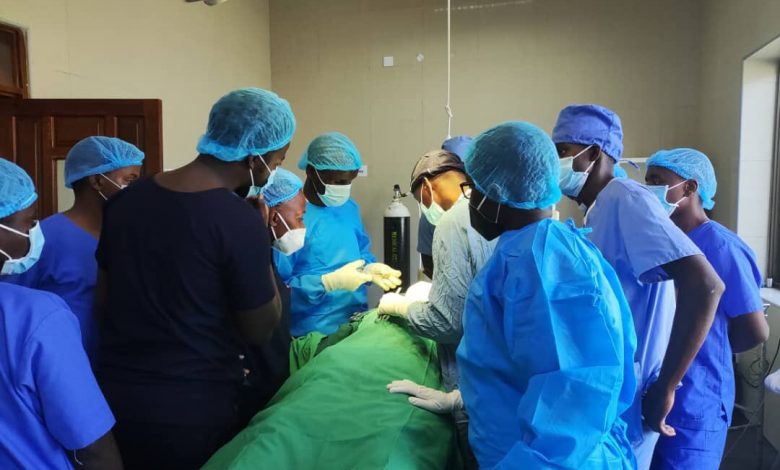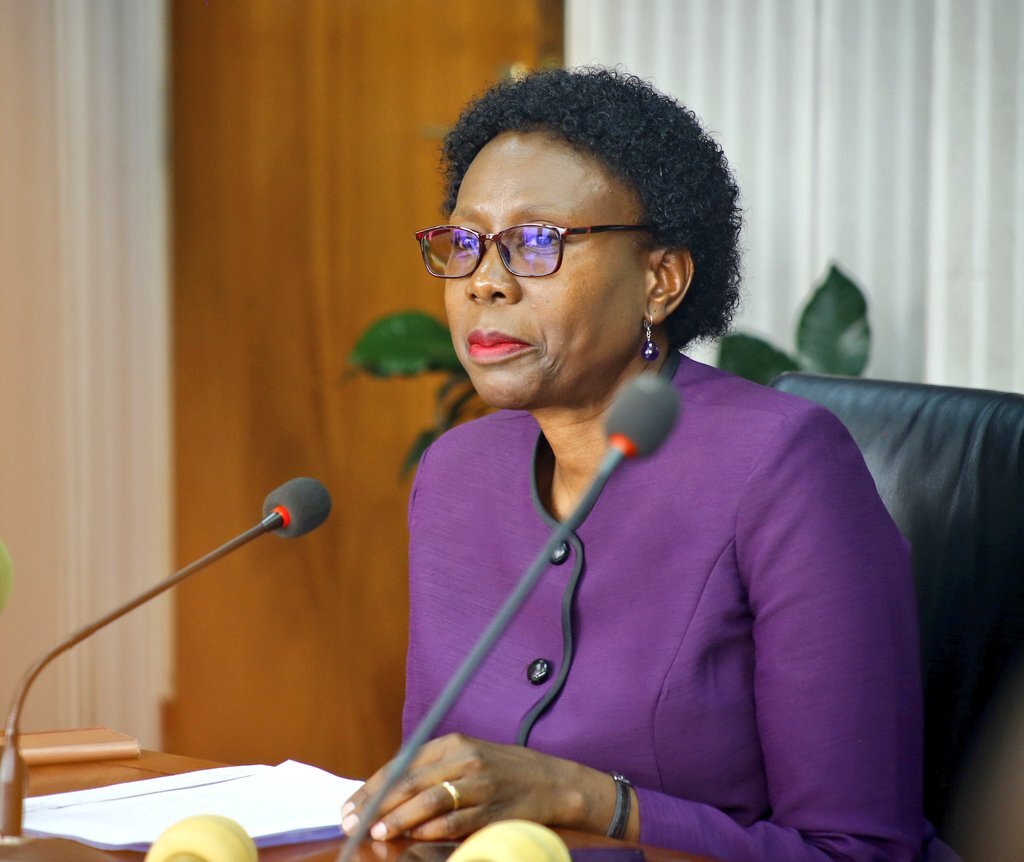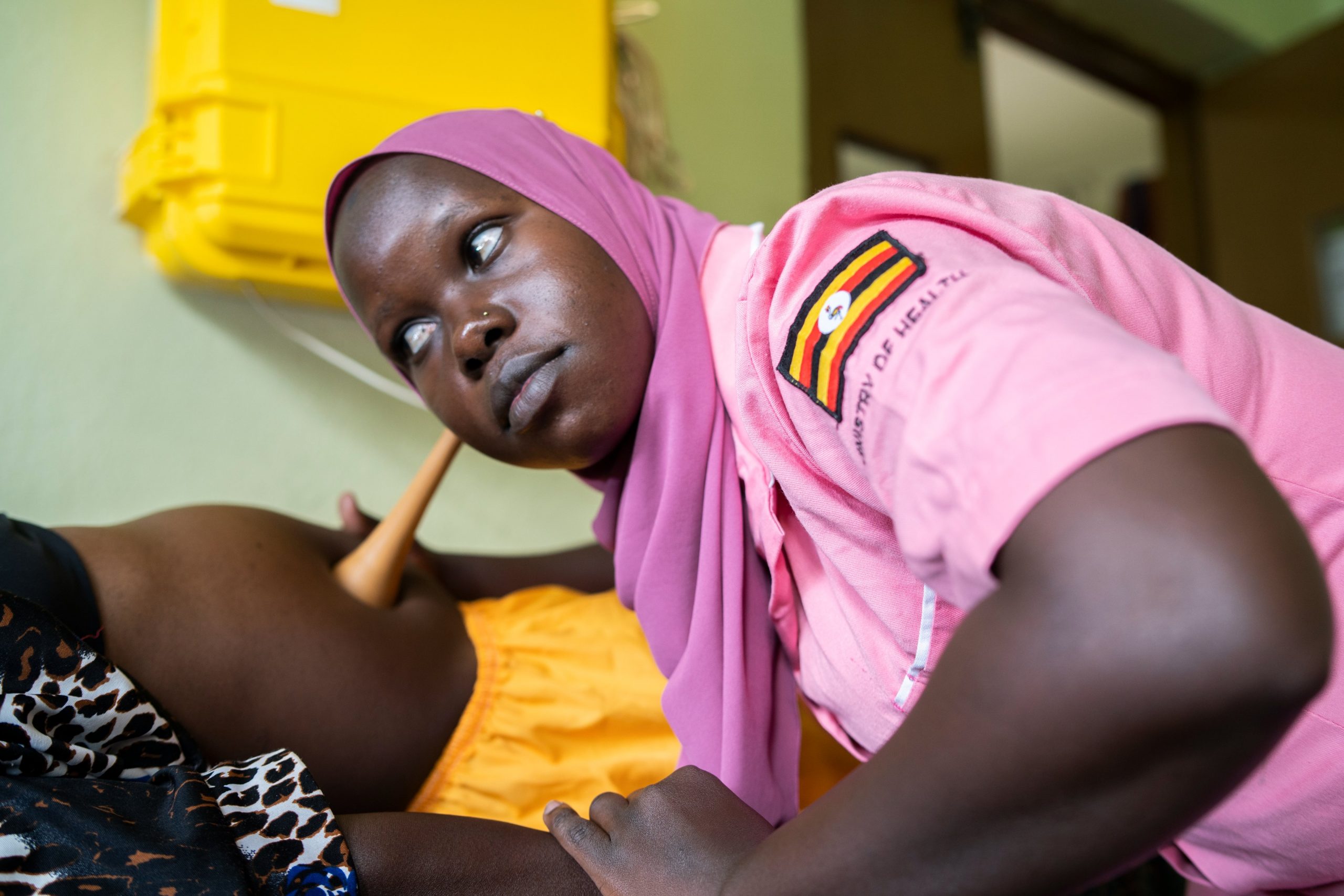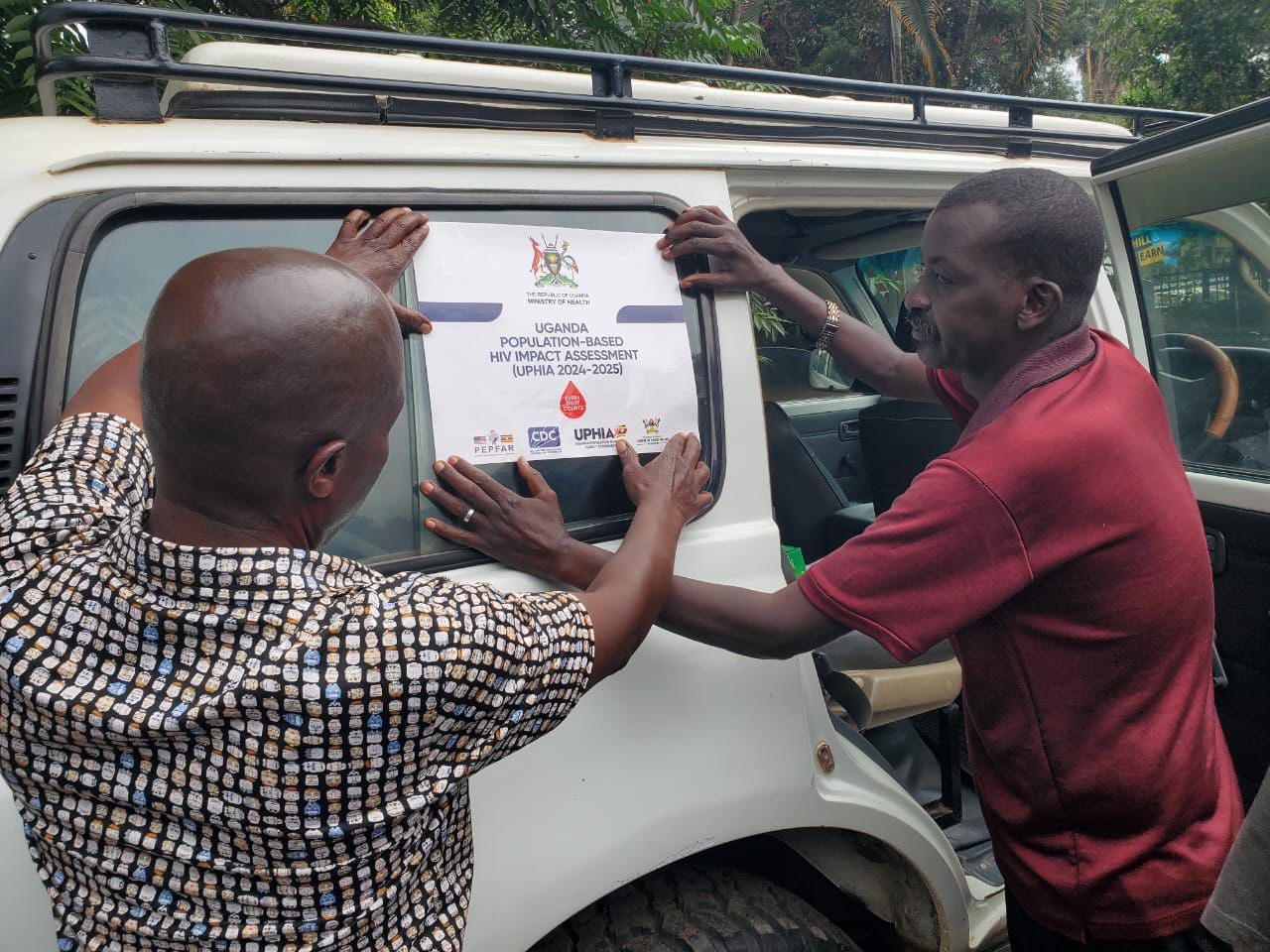EXPLAINED: Why Ugandans will pay a compulsory Shs15,000 annual National Health Insurance fee
For the National Health Insurance Scheme to be implemented, the National Health Insurance Scheme (NHIS) Bill to first be passed by Parliament and then assented to by the President.

The Minister of Health, Dr Jane Ruth Aceng, recently at a public function, revealed that contributions to the National Health Insurance Scheme (NHIS) shall be mandatory for all Ugandans.
She made the revelation at the launch of the Uganda Demographics Health Service report 2022.
Dr Aceng stated that all Ugandans, regardless of age or employment status, will need to pay an annual fee of Shs15,000 if the Cabinet approves the proposed National Health Insurance Scheme bill.

The minister noted that the scheme was made compulsory after establishing that Ugandans don’t appreciate what they don’t pay for.
“We have done a good job consulting many people and drafting this bill. In this bill, the National Health Insurance Scheme it is mandatory for all of us to join. When I say it is mandatory it means you don’t have a choice whether you’re working or not working.
Whether you’re in the village or whether you’re a boda boda [rider], it is mandatory! Because people don’t appreciate services that they don’t pay for and I can give you very good examples,” she said.
She further reveals the more dependents one has, the more money they will be required to contribute to the pool.
“I’m going now to tell you the sad news. The sad news is that the more the defendants and the more the children, the more you pay because you have to pay for your dependants, nobody is going to pay for your dependants.
“So if you’re a hajji here and you have 3 wives with 25 children you pay your Shs15,000 per child – all of them. And me, who has 4 children, I will pay for the four. But if your child is 18 and above let them pay.
We must instil in our children a spirit of hard work. You can give them some work to do and they pay for themselves and that way we shall be able to mobilise resources. We need money and when you have money you can get better services,” added Dr. Aceng.
This comes many years after 10th Parliament had enacted a private members bill on Health Insurance, but which the same minister was instrumental in blocking https://t.co/88fccJhQGN
— Rebecca Alitwala Kadaga (@RebeccaKadagaUG) September 12, 2023
To attain Universal Health Coverage which ensures accessible, quality healthcare services without financial burdens, Kepha Kato, a Research Officer at the Insurance Regulatory Authority of Uganda (IRAU), says Uganda can harness several strategies, one of which is the implementation of the National Health Insurance Scheme.
“Even with free health services at public facilities, limited resources at these facilities make it hard for most people to access healthcare services. This also explains why out-of-pocket expenditure in Uganda is still high (38.3 percent) as compared to the global average of 18 percent, according to the World Bank, and some neighbouring countries such as Kenya (24.06 percent), Tanzania (23.10 percent) and Rwanda (11.7 percent),” he said.
Health insurance is one of the major contributors to the growth of the insurance industry in Uganda, medical insurance contributed Sh321.3b which accounts for 22.3 percent of the industry’s gross written premium according to the 2022 performance results.
According to a report by the Uganda Insurance Association, only 500,000 out of 43 million Ugandans have access to medical coverage.

Available statistics from the government and other research reports indicate that 38 percent of healthcare expenditures are paid by individuals, 41 percent by development partners, and the government (16 percent).
Whereas the NHIS may be a good initiative driving towards Universal Health care, it raises scepticism among Ugandans in light of past misappropriations of funds from different schemes such as the National Social Security Fund(NSSF) hence the project is seen as another potential avenue for exploitation. Therefore there is a need to put in place transparent systems to manage the funds effectively.
About the National Health Insurance Bill
For the National Health Insurance Scheme to be implemented, the National Health Insurance Scheme (NHIS) Bill to first be passed by Parliament and then assented to by the President.
The Bill was passed by Parliament in March 2021, but President Museveni declined to assent to it due to disagreements on its implementation framework.







